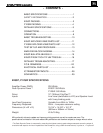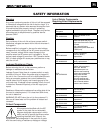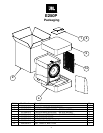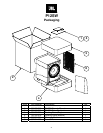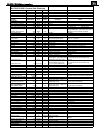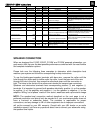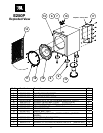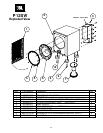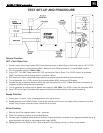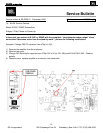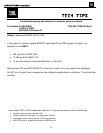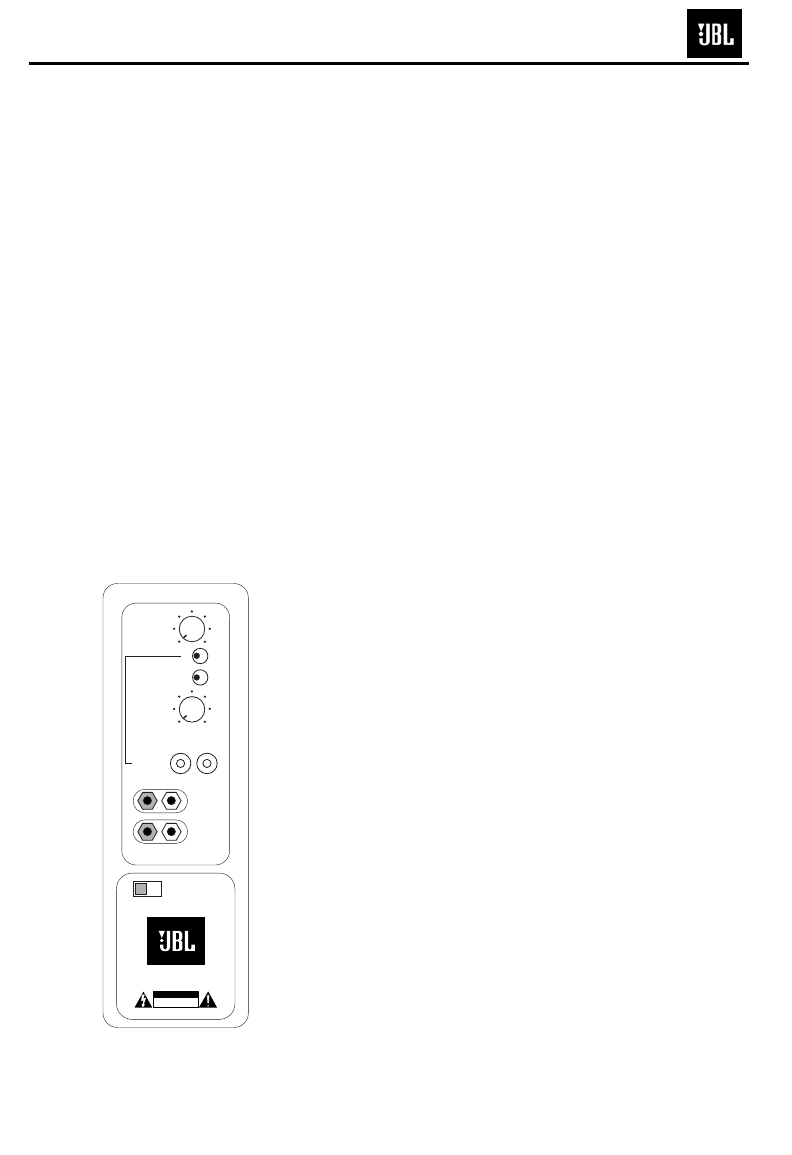
OPERATION
When the unit is plugged in
and the power switch is on
and no signal is received, the
LED on the top of the unit will
turn red. When a signal is
present, the LED will turn
green.
Note: It will take several min-
utes for the LED to turn from
green to red after the input
signal to the subwoofer is
removed. Due to JBL’s unique
high-output,
high-efficiency
amplifier design, power con-
sumption is minimal when the
subwoofer is not receiving a
signal. Of course, the sub-
woofer can be turned off,
whenever desired, if you do
not wish to leave it in auto
(standby) mode.
The subwoofer Level Control
adjusts the volume of the
subwoofer relative to the rest
of the system. Proper level
adjustment depends on sev-
eral variables such as room
size, subwoofer placement,
type of main speakers and
position. Adjust the subwoofer
level so that the volume of the
bass information is pleasing
to you.
Crossover Adjustments
The Crossover Frequency
Control determines the highest
frequency at
which the sub-
woofer reproduces
sounds. If
your main speakers can com-
fortably reproduce some low-
frequency sounds, set this
control to a lower frequency
setting, between 50Hz and
100Hz. This will concentrate
the subwoofer’s efforts on the
ultradeep bass sounds
required by today’s films and
music. If you are using smaller
bookshelf speakers that do not
extend to the lower bass fre-
quencies, set the low-pass
crossover control to a higher
setting, between 120Hz and
150Hz. This control is not used
when the LFE switch is in the
“LFE” position.
Level Control
Power
CROSSOVER
FREQUENCY
LEVEL
LINE LEVEL IN
PHASE
Min
Max
L
R
L R
For LFE use L or R
LFE NORMAL
Northridge E Series
HIGH
LEVEL
IN
POWER
+ –
120V
60Hz
50Hz
0º 180º
150Hz
CAUTION
RISK OF ELECTRIC SHOCK
DO NOT OPEN
ON OFF
* E250P: LED is on the amplifier faceplate
*
9
E250P/P12SW subwoofers



